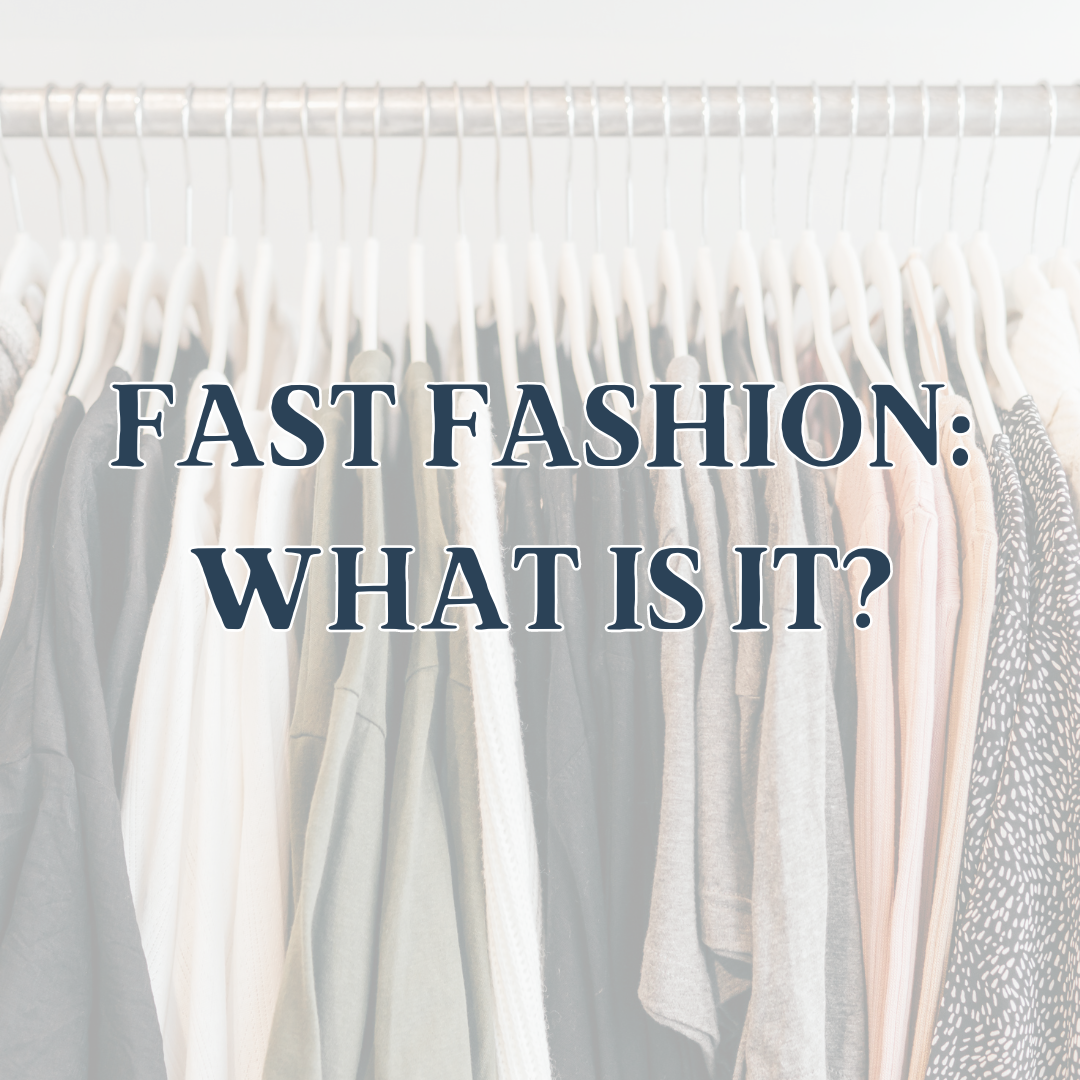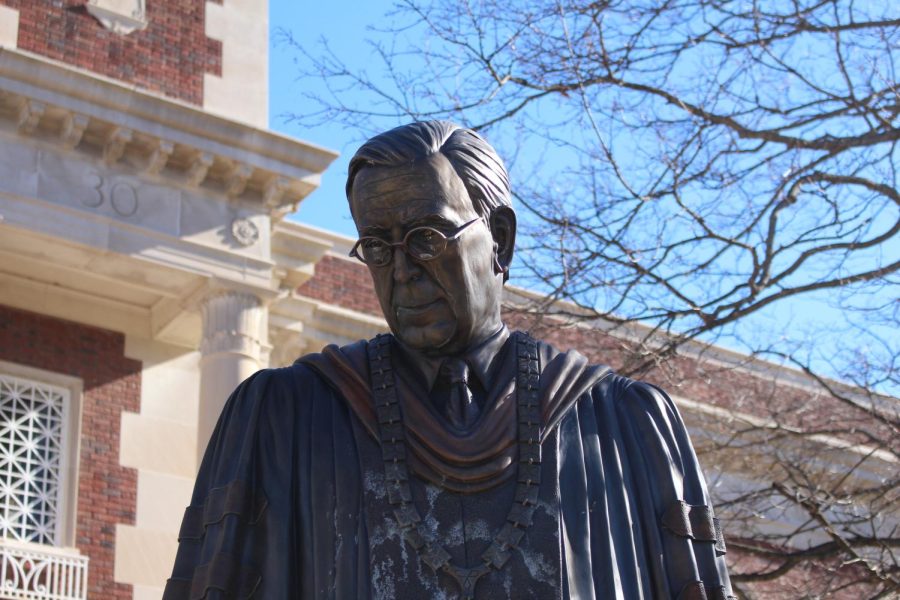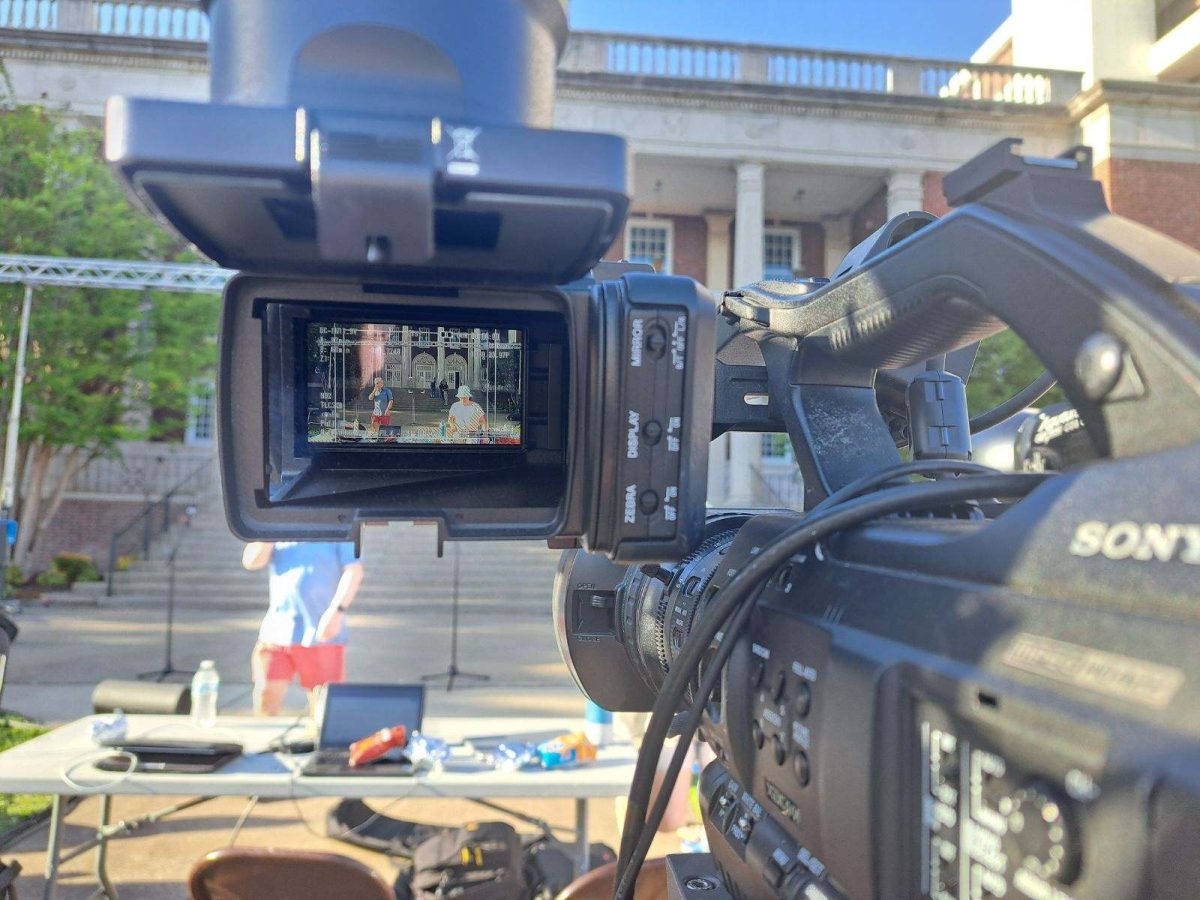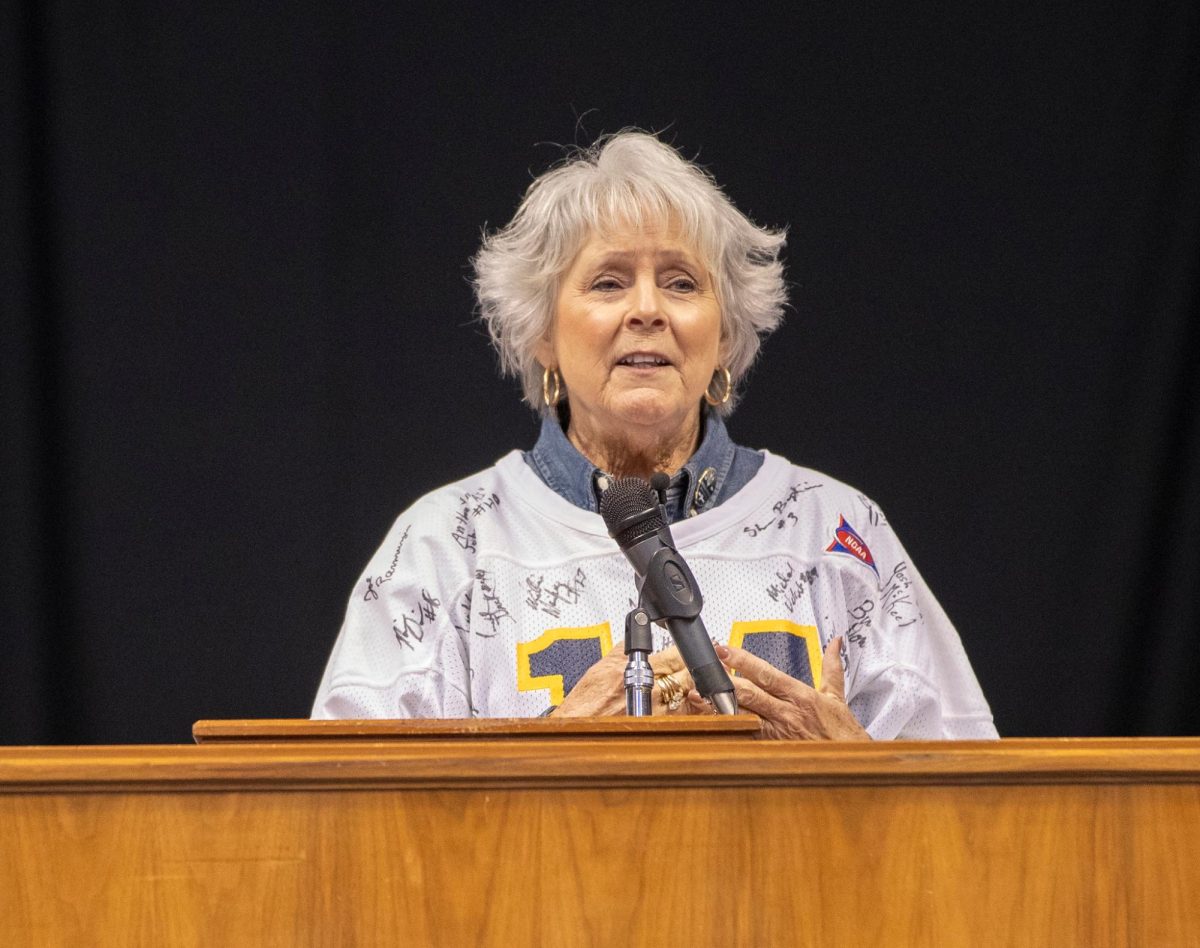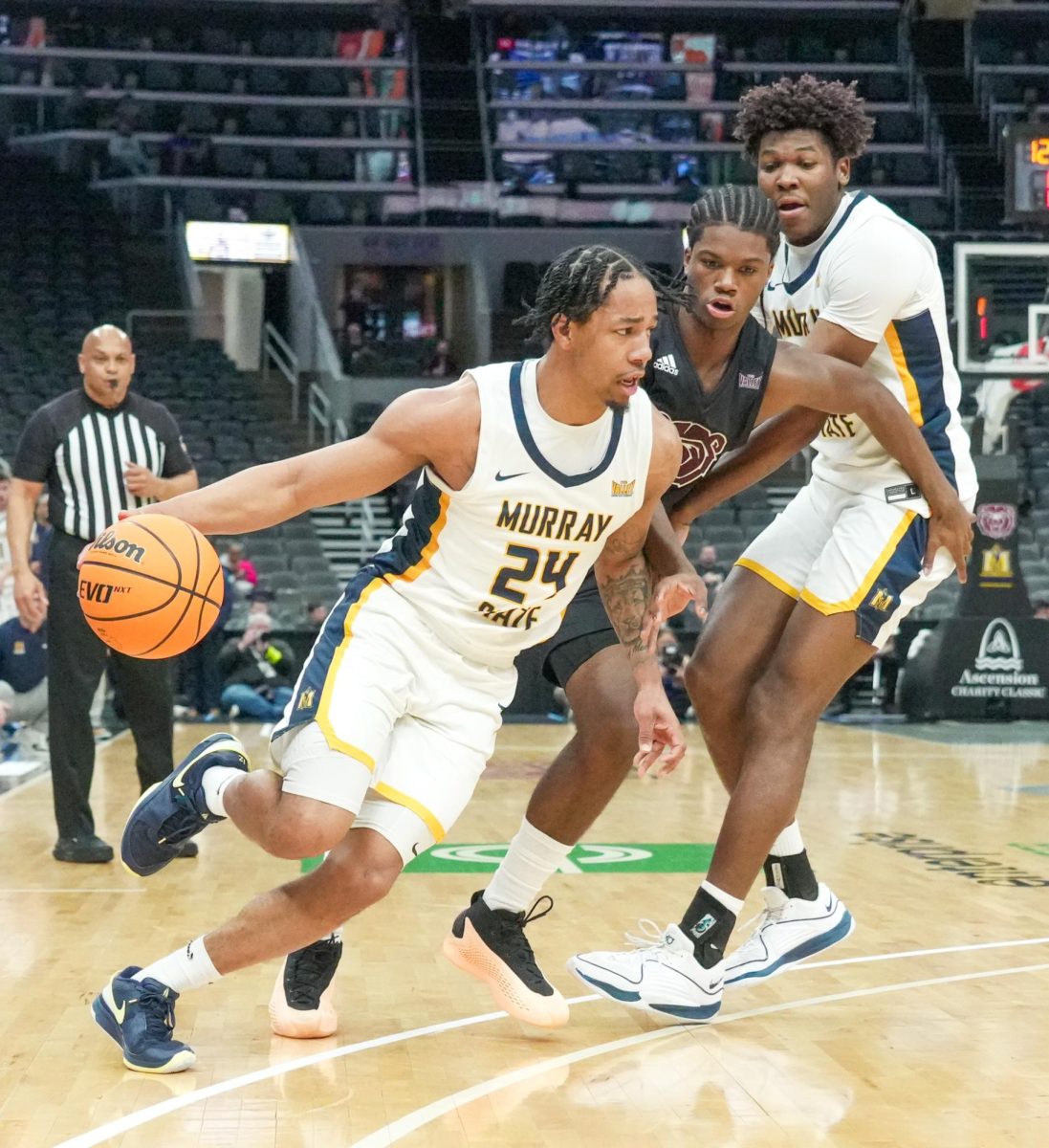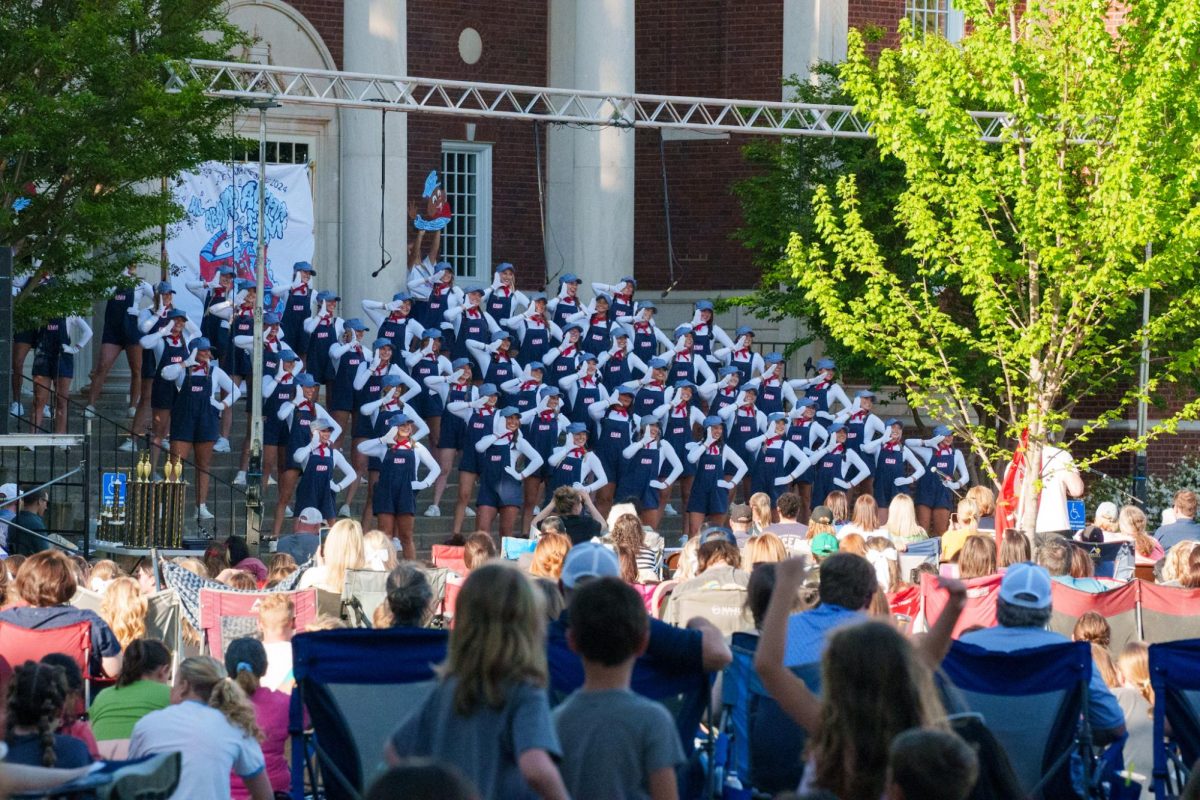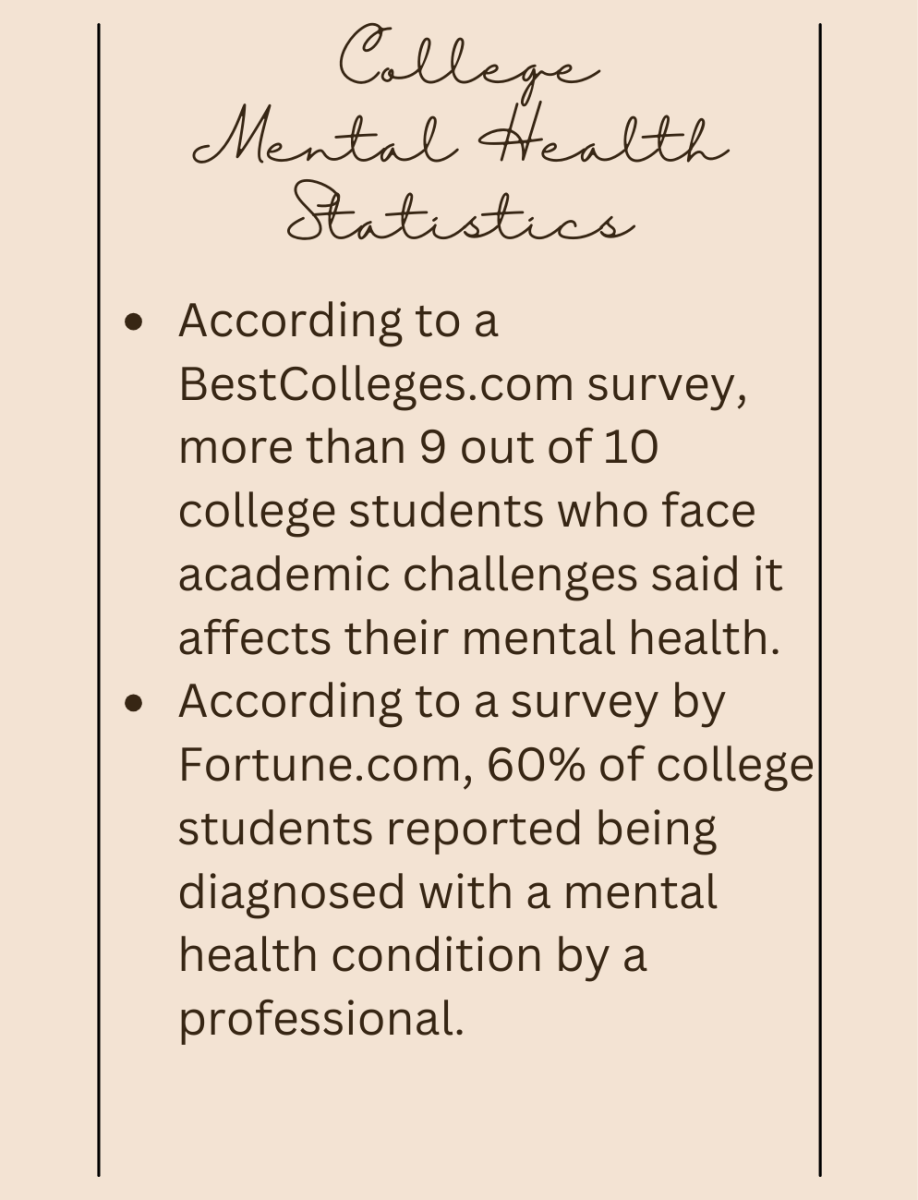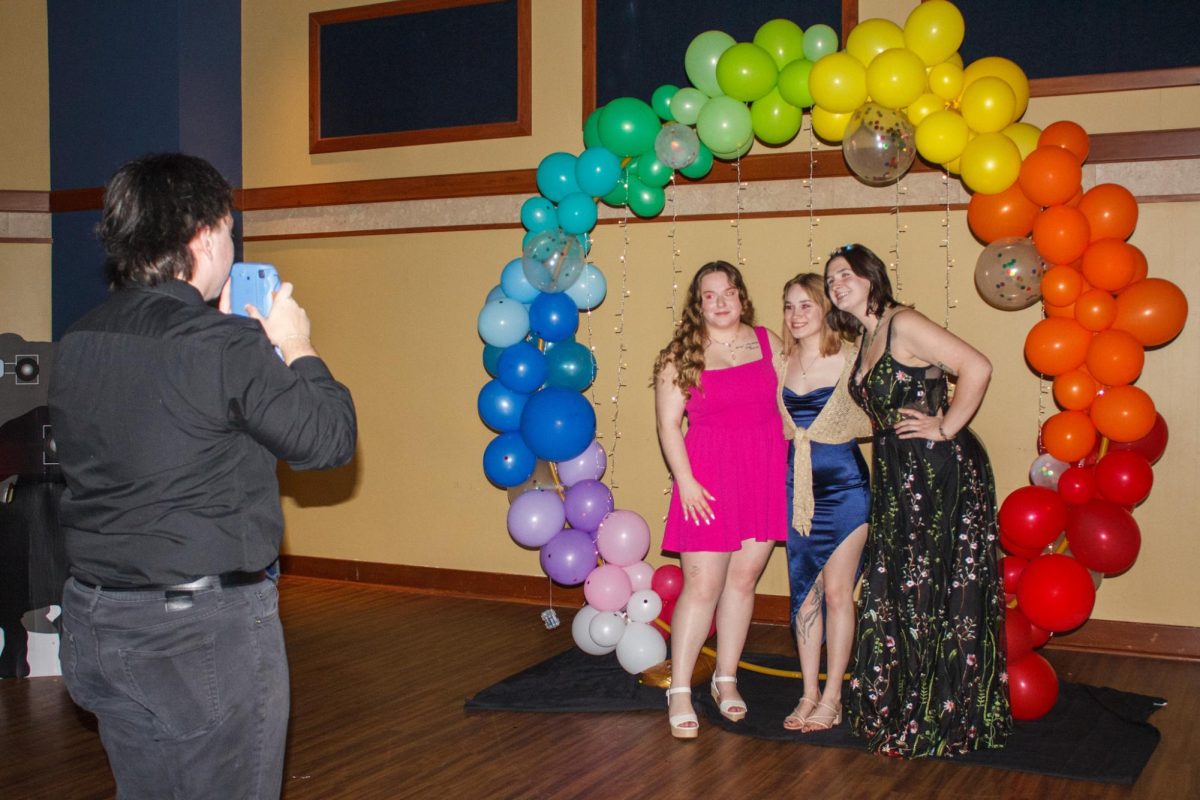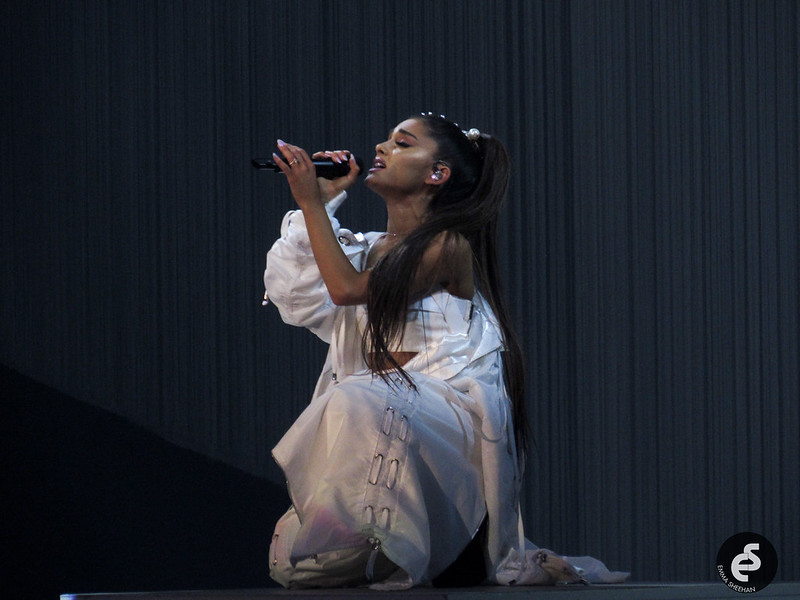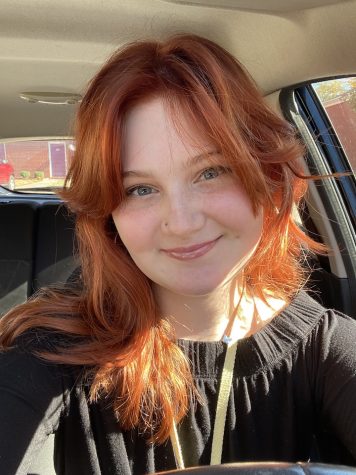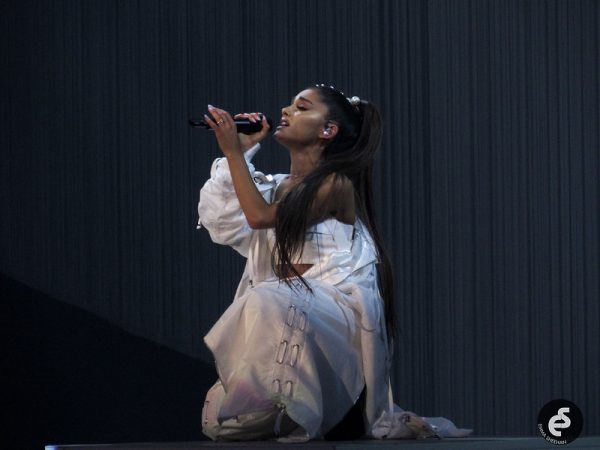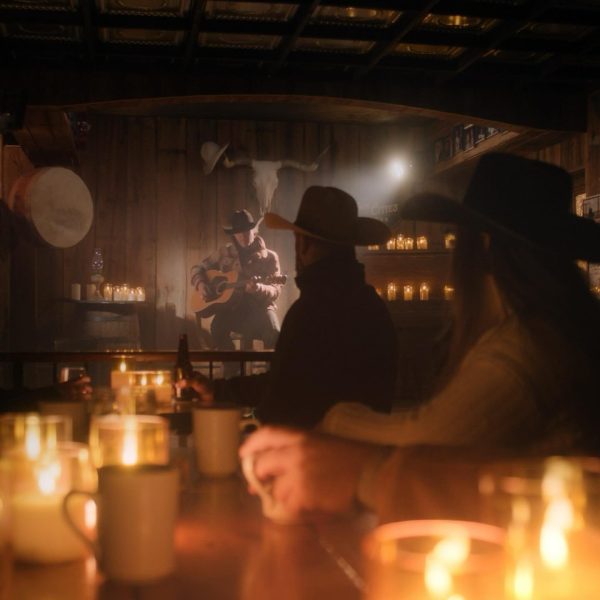Tyler, The Creator surprises listeners with deluxe album
‘CALL ME IF YOU GET LOST: The Estate Sale’ was released on March 27 under Columbia Records. (Album cover courtesy of Spotify)
April 13, 2023
Tyler, the Creator returns to the breezy, soulful sound he revealed first on “Flower Boy” in “CALL ME IF YOU GET LOST: The Estate Sale.” It’s a perfect springtime set of tracks to play with the windows down and the wind blowing on your face.
Tyler Okonma, known as Tyler, the Creator, is an American rapper and singer-songwriter with two Grammy awards. He is one of the founding members of the hip-hop collective Odd Future, whose other breakout members are Frank Ocean, Syd Tha Kyd and Earl Sweatshirt.
“CALL ME IF YOU GET LOST: The Estate Sale” is a continuation of his sixth studio album released in 2021, “CALL ME IF YOU GET LOST.” This deluxe version could function as a post-album EP itself; it incorporates recurring themes from his “Flower Boy” and “Igor” era personas, but maintains a distinct narrative thread.
The deluxe album was released on March 27 and includes songs that were recorded for “CALL ME IF YOU GET LOST” but did not make the final cut.
Okonma starts with “EVERYTHING MUST GO,” a reference to a yard sale-type sign, and reflects on his career so far and thanks his listeners. “Thank you to every ear that listened, bought a ticket … thank you, thank you, thank you, thank you,” he says.
“STUNTMAN,” the following track, ventures into a bounce and trap sound with rapper Vince Staples.
Bringing back the sea-ocean breeze-sound with introspective lyricism, “WHAT A DAY” is laced with self-questioning. He shouts out Black women for raising him and reflects on his fears: “I’m so scared of going back to my past … white boy said I brag too much, the Black kid said, ‘It’s inspiring duality is tiring.’”
“WHARF TALK” uses the 70s synth-funk sound he introduced on “Flower Boy” with his distinctive sing-rapping as he mumbles underneath the beat while A$AP Rocky sings about spoiling his girl.
“DOGTOOTH,” my favorite track, adopts a traveling synth and piano chords in the background with Okonma singing “Oh,” in the background. “If you don’t know my grandma name / Then we ain’t really dogs, b****.” He begins to describe a concept of domesticity and intimacy that he’ll return to in the next track, “HEAVEN TO ME.”
“HEAVEN TO ME” finishes this thought: “The lake water getting warmer from the radiant sun / My baby mama and my daughter getting chased by my son.” He is both grateful for his present and looking forward to his future, thankful for his wealth and health and reflects on what he viewed as Heaven when he was a child compared to now. Okonma likes facetiousness, but he constantly returns to his desire for intimacy and settling down on his newer albums.
The next song, “BOYFRIEND GIRLFRIEND,” is a 2020 demo. Okonma continues the narrative thread: “I just want someone to talk to whenever I start feeling alone … You should be my boyfriend, girlfriend.” Instead of reflecting on a perfect future, he delves deeper into his loneliness while retaining his flippant persona in between his pitched rapping.
The closing track, “SORRY NOT SORRY,” continues the idea explored on “WHAT A DAY.” The track starts with a grandiose intro, pumping up as the sample says: “I’m sorry / I’m f****** sorry.” His stream of consciousness-style writing shows in this song, as he explains the duality of feeling both sorry and not sorry for who he is and what he has done in his past.
He dives into what is speculated to be about his sexuality: “Sorry to the guys I had to hide / Sorry to the girls I had to lie to.” He apologizes—but not really; he knows these things are not something he should be sorry about and almost teases his listeners—for the distance and boundaries he has with his fans, knowing he gives enough vulnerability in his art, and tells listeners who want to creep in on his personal life that they need to “know [their] place.”
Okonma begins to discuss broader concepts, like the social construct of gender and pronouns, climate change and Blackness in the U.S. “I’m sorry to my ancestors / I’m so sorry / I know I’m supposed to fight … I’m not Superman, but I could try,” Okonma says.
He wraps up this chapter of his music career in the final seconds, saying, “I guarantee another era is upon us / So once again, we gone.”
Again, Okonma has created a piece that draws me in. He finds new ways to describe his recurring feelings. Though he ventures back into his older “Flower Boy” sound, which I actually really like, he makes up for it with his imagery and writing ability.
I give this an 8.5 out of 10 for its vulnerability, catchiness and honesty. It’s a great way to close a chapter with the idea of “everything must go” in this estate sale. As usual, I’m excited to hear what his next era will be, and you know I’ll be listening


